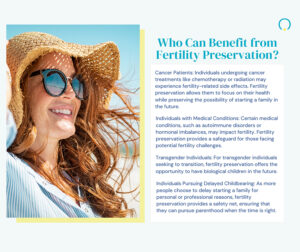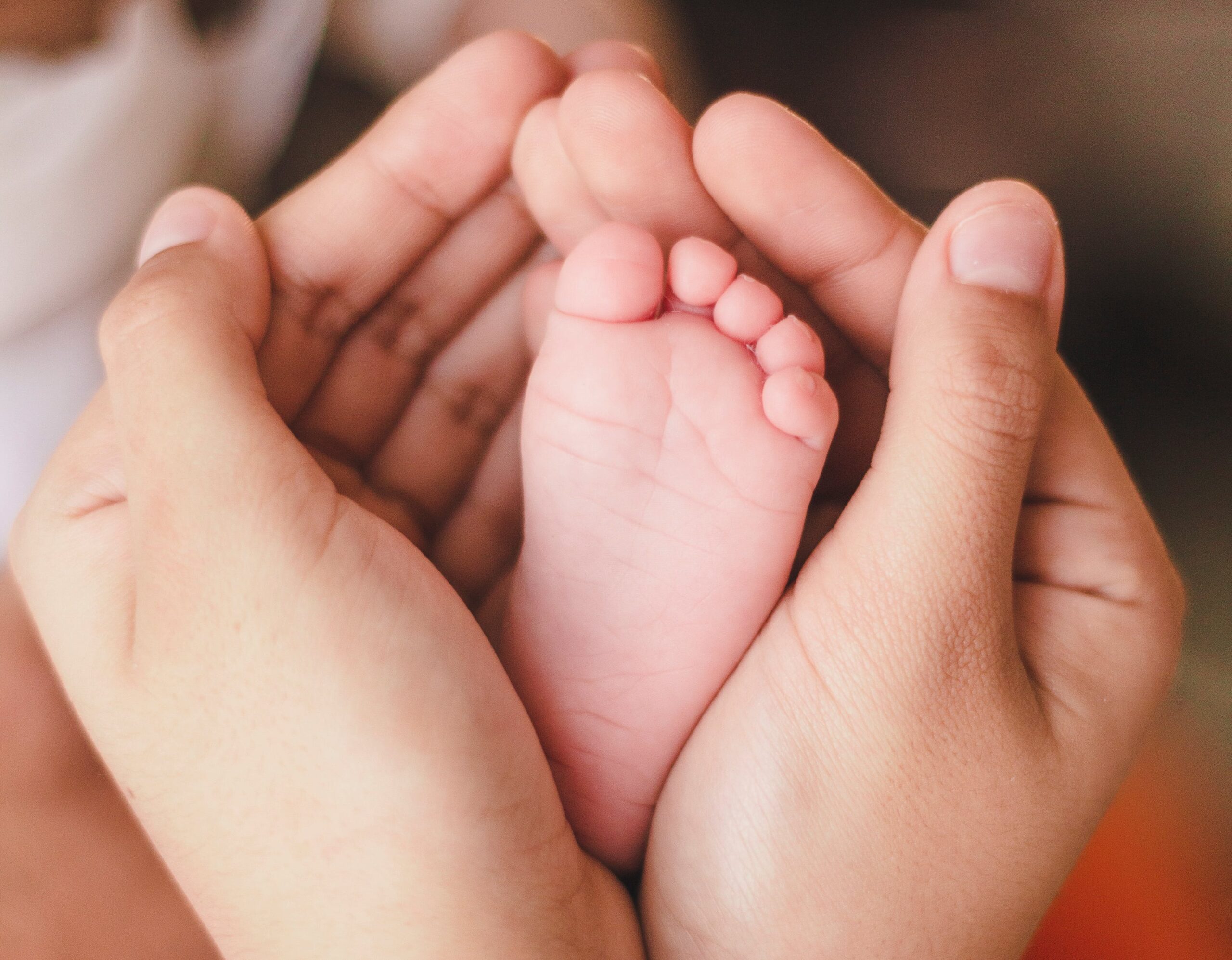Topic Quick Links

Fertility preservation, a process of saving or protecting eggs or sperm for future use, has gained prominence in recent years as people increasingly seek to take control of their reproductive futures. By freezing eggs or sperm, which can then be used later for in vitro fertilization (IVF) or intracytoplasmic sperm injection (ICSI), fertility preservation provides individuals and couples with the option to have children in the future, even when faced with challenges such as medical treatments, age-related decline, or personal circumstances.
Why is Fertility Preservation Important?
Fertility preservation empowers individuals to take control of their reproductive future. It becomes especially crucial for those facing medical treatments like chemotherapy or radiation, which can have a detrimental effect on fertility. Additionally, as societal trends shift towards delayed childbearing, fertility preservation becomes an essential tool for individuals who wish to preserve their fertility potential.
Methods of Fertility Preservation
- Egg Freezing (Oocyte Cryopreservation): This method involves stimulating the ovaries to produce multiple eggs, which are then harvested, frozen, and stored for future use. Egg freezing offers a viable option for women who wish to preserve their fertility.
- Sperm Freezing (Sperm Cryopreservation): Sperm freezing is a straightforward process where sperm samples are collected, processed, and frozen for future use. This method is particularly beneficial for men who may face fertility-threatening treatments or who want to secure their reproductive options.
- Embryo Cryopreservation: After fertilization through IVF, embryos can be cryopreserved for future use. This method is commonly used by couples undergoing IVF who have surplus embryos or those facing fertility-threatening treatments.
Who Can Benefit from Fertility Preservation?
Cancer Patients: Individuals undergoing cancer treatments like chemotherapy or radiation may experience fertility-related side effects. Fertility preservation allows them to focus on their health while preserving the possibility of starting a family in the future.
Individuals with Medical Conditions: Certain medical conditions, such as autoimmune disorders or hormonal imbalances, may impact fertility. Fertility preservation provides a safeguard for those facing potential fertility challenges.
Transgender Individuals: For transgender individuals seeking to transition, fertility preservation offers the opportunity to have biological children in the future.
Individuals Pursuing Delayed Childbearing: As more people choose to delay starting a family for personal or professional reasons, fertility preservation provides a safety net, ensuring that they can pursue parenthood when the time is right.

Fertility preservation has emerged as a vital option for individuals and couples looking to secure their reproductive future and advances in reproductive medicine have made these procedures more accessible and successful than ever before. If you are considering fertility preservation, schedule an appointment with Boca Fertility by phone or request an appointment online today.




